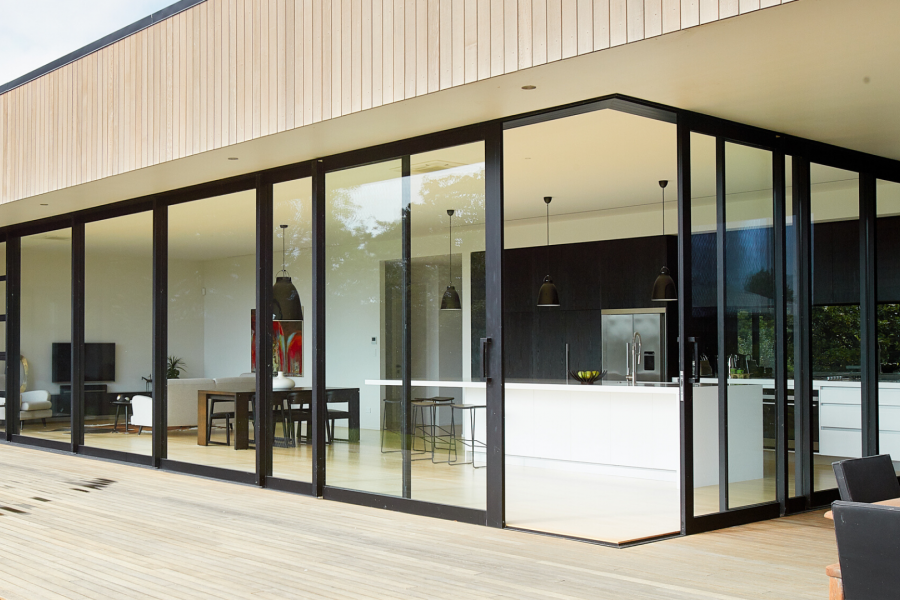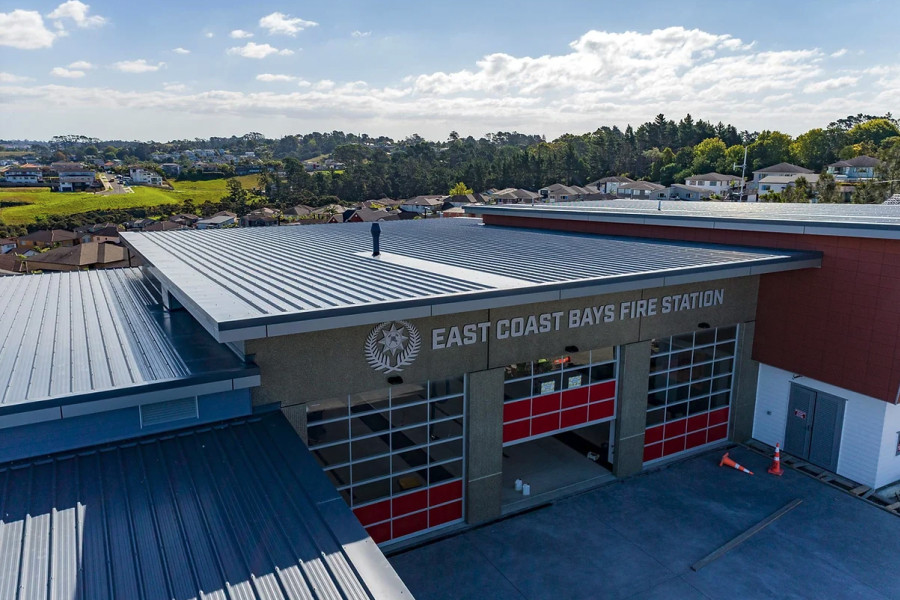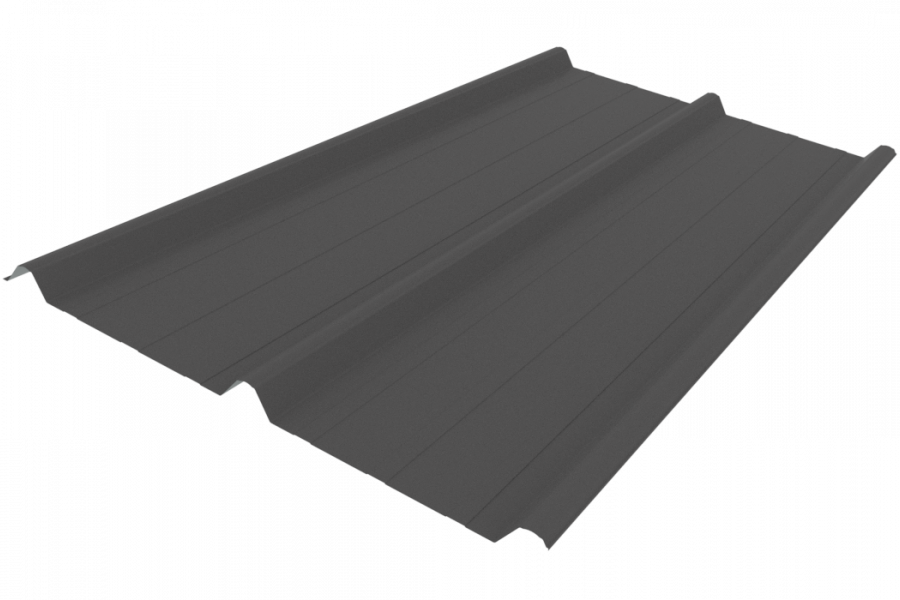How is New Zealand to plan for the long term stable supply of electricity, and other energy, to citizens without having to rely on the business models of organisations with primary responsibilities to overseas shareholders?
In my blog post of August 2021, ‘IPCC: What Consequences Arise for the Building Industry’, I set-out an opinion that there will need to be a major upgrading of our suburban electricity supply network to cater for the coming expansion of the private electric car fleet. In the short time since then, there has been an explosion in the purchase of these vehicles, spurred not only by Government incentives but also by the public’s perception of the effects of the current Ukrainian situation and the closure of the Marsden point refinery which will place rapidly expanding demands on the infrastructure. Is there any detailed forward planning by Government to ensure that the public will have secure access to an adequate electricity supply which is not held ransom to the profit motive?
When I was a child, the ‘State Hydro-Electric Department’ distributed an aerial picture of the existing and proposed dams on the Waikato River showing the maximisation of the river’s potential, ie., the base of one dam became the lake level for the next down-river dam. Today the expansion of generation and the management of hydro storage is in the hands of competing entities, each with their own individual and exclusive planning imperatives.
In my February 2022 blog post, ‘Are New Zealanders to Become Electricity Paupers?', I have discussed the expansion of overseas owned energy-hungry data centres coming here for our green electricity. Since then, Comalco has indicated that it will probably now stay at Tiwai Point as aluminium prices are rising, (where will the Southland data centre obtain any shortfall from Manapouri?), and there has been reporting of further developments as explained in the NZ Herald article of 2 March 2022, 'Why Hyperscale Data Centres are Blossoming in NZ'. Another significant proposal is for a first stage One Gigawatt offshore wind energy scheme off the South Taranaki coast. According to reports, this is in the feasibility stage by Copenhagen Infrastructure Partners (a fund management company), in conjunction with the NZ Super Fund. How much of the electricity will be used for data-mining and crypto-currency transactions rather than productive use in the NZ economy at a sensible cost?
According to news reports, the current Europe rethinking of Russian gas supplies has spurred the UK to seriously look towards rejuvenating nuclear generation. People will again begin to ask why NZ should not also explore this option — after all it is a clean never-ending energy source, isn’t it?
There are very sensible reasons why NZ will not build a nuclear power station to solve the current energy crisis and climate change problems which have nothing to do with radiation, deaths of uranium miners, waste disposal, accidents, public protest, etc. The smallest sized feasible facility NZ could build would still be big enough to alone supply a large proportion of our electricity requirements and consequently we would quickly become dependent upon its continuous operation.
For a nuclear future we would need a minimum of two reactors, and ideally a third. This is not to produce two/three times the electricity, but just to support the output of one. The second is for maintenance back-up and the third the standard minimum necessary for critical operation equipment installations.
The optimists will claim that accidents won’t happen, and hopefully wouldn’t, but even so the reactor still has to be closed down regularly for re-fuelling. A 2015 article gave the example of a station running for 683 days non-stop, and the world record is 739 days. The average outage time for re-fuelling is 40 days. What do we do for six weeks every two years when the lights go out?
Nuclear energy is not, and never was, the answer to the climate change, nor energy scarcity, emergency.
To head off the promoters, in my opinion the nuclear discussion doesn’t need to even start and instead concentration should be paid to reducing demand and significantly increasing the efficiency of electricity usage.
Through EcoRate Ltd – Architect, I provide objective independent passive solar thermal performance analysis and advice on sustainability matters, to architects, designers, builders, manufacturers, and others in the construction industry, included those proposing to build a new home. I am also a Homestar Assessor.
For more information feel free to contact Keith at EcoRate Ltd on 021 890 251, [email protected], or our website www.settlement.co.nz.










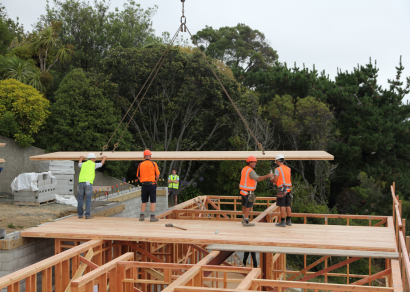


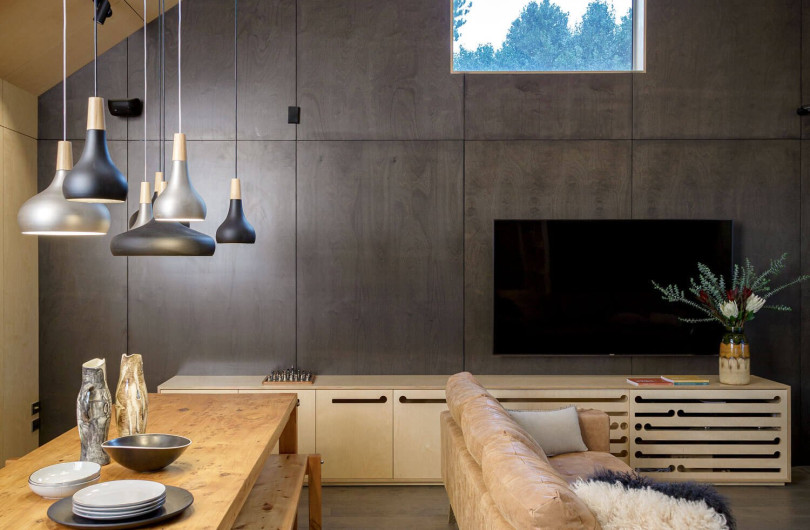
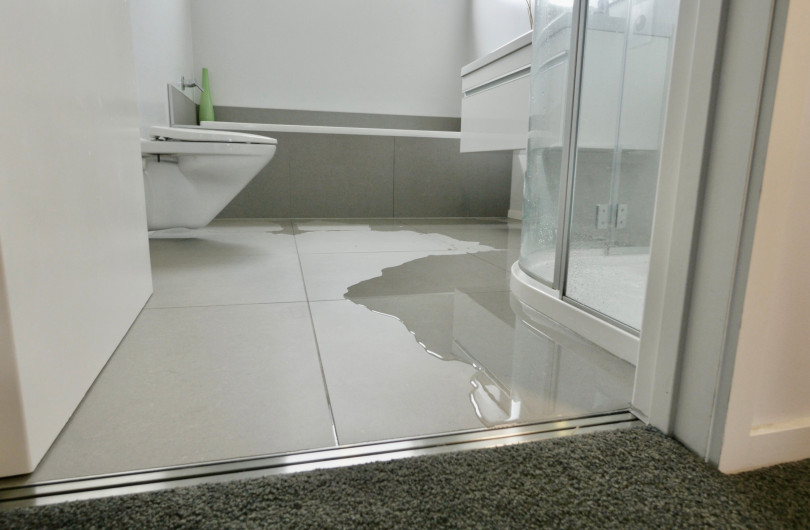

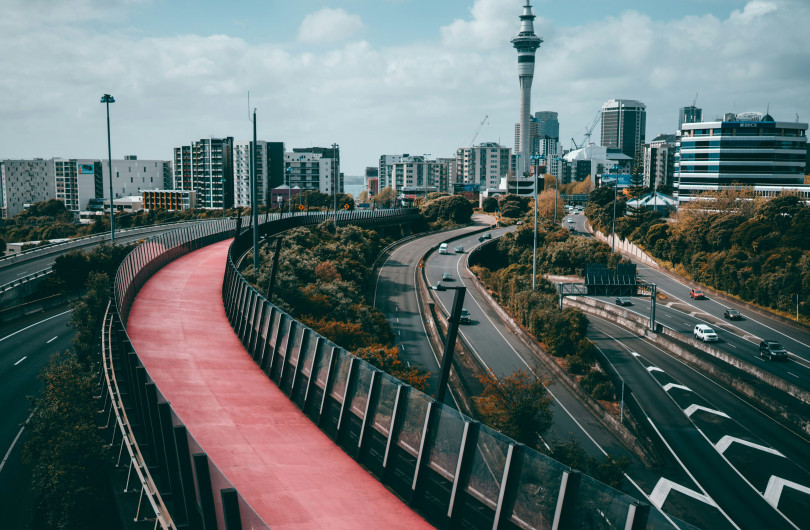
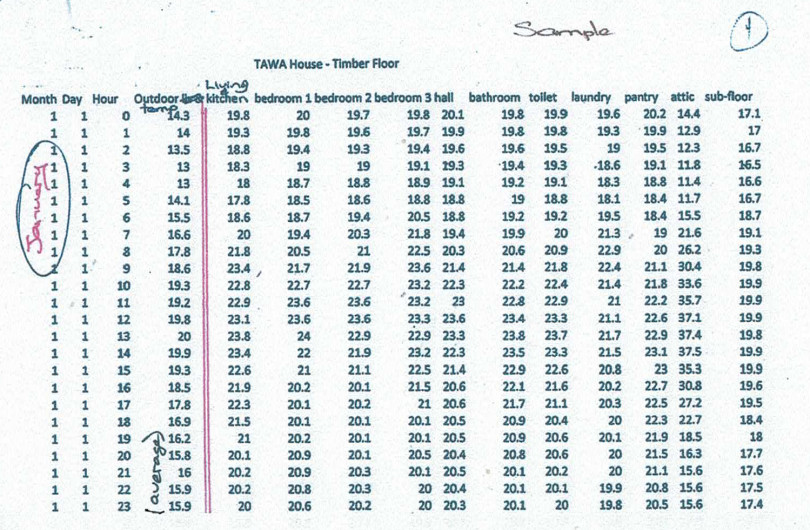

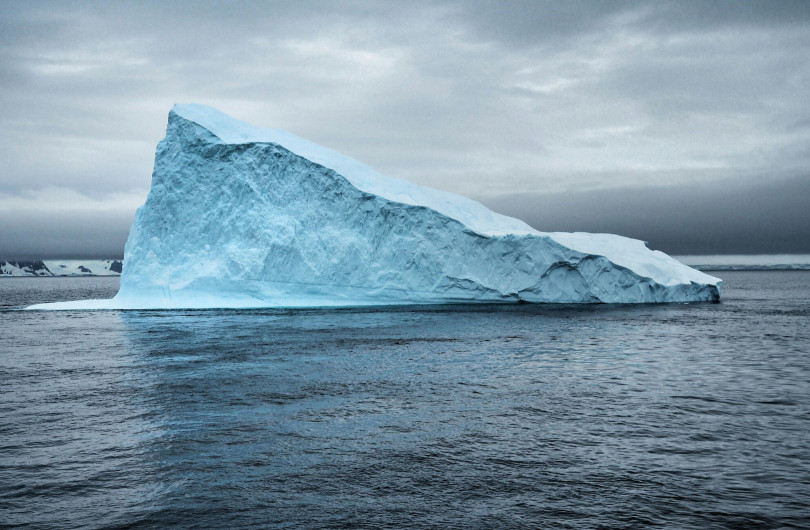




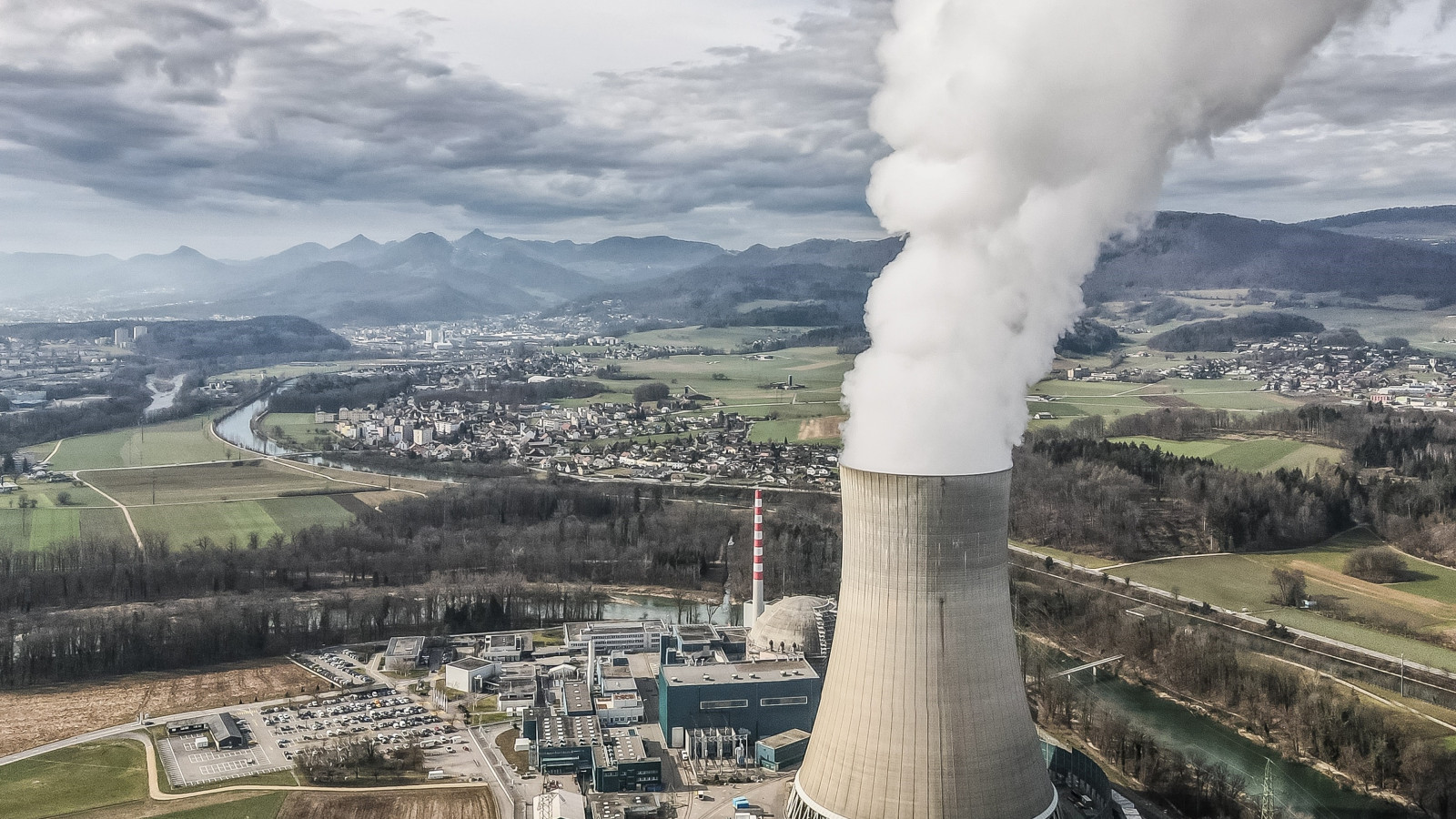



 Most Popular
Most Popular Popular Products
Popular Products